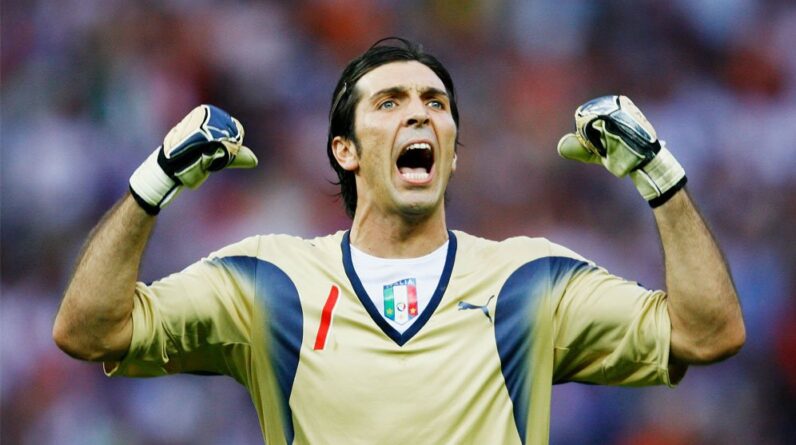
Soccer, the world’s most cherished sport, stands at a pivotal moment, facing challenges that could reshape its future. From financial inequalities to pressing governance issues, the beautiful game must evolve to sustain its global appeal. This article dives into the critical challenges confronting soccer today and proposes solutions to ensure its longevity and relevance.
Financial Inequality Among Clubs
One of the most significant challenges is the stark financial disparity among soccer clubs. Elite teams, particularly in Europe, generate enormous revenues from broadcasting rights and sponsorship deals, while smaller clubs often struggle to survive. This financial imbalance undermines competition, making it increasingly difficult for emerging talent to thrive and limiting the growth of the sport globally.
Impact of the COVID-19 Pandemic
The COVID-19 pandemic has further exacerbated financial troubles within soccer. With matches canceled and attendance limited, clubs at every level faced substantial revenue losses. Many were forced to make difficult decisions, including cutting player salaries or declaring bankruptcy. This crisis underscores the urgent need for financial stability across the soccer ecosystem.
Governance Reforms Needed
Issues of governance plague soccer organizations, often leading to corruption scandals that tarnish the sport’s reputation. To restore trust among fans and stakeholders, soccer must prioritize transparency and accountability within its governing bodies. Implementing robust reforms will be essential for ensuring fair play both on and off the pitch.
Promoting Inclusivity in Soccer
Inclusivity is another pressing concern that soccer must address. Although the sport has the power to unite people from diverse backgrounds, barriers still prevent many from participating, particularly women. Despite the growth of women’s soccer, challenges regarding equal pay, investment, and visibility remain. Promoting inclusivity can enhance the sport’s reach and foster a sense of community among fans.
Investing in Youth Development
Youth development programs play a crucial role in nurturing future talent. However, many countries lack the necessary resources and infrastructure to identify and cultivate young players. By investing in grassroots initiatives, soccer organizations can create a more robust pipeline of talent, ensuring the sport’s future is bright and competitive.
Climate Change’s Threat to Soccer
The global climate crisis presents a unique threat to the sport. Extreme weather events and shifting climate patterns disrupt match schedules and impact playing conditions. Soccer organizations must take proactive measures to adopt sustainable practices, mitigating their environmental impact while promoting a greener future for the game.
Prioritizing Player Welfare
Player welfare has gained increased attention in recent years, highlighting the physical demands placed on professional athletes. Injuries and long-term health consequences are significant concerns. Leagues must prioritize player health by implementing measures that reduce fatigue and minimize injury risks, ensuring athletes can perform at their best.
Combating Racism and Discrimination
Racism and discrimination continue to undermine soccer’s core values of unity and respect. High-profile incidents have sparked outrage, prompting calls for stronger anti-racism initiatives. Creating a safe, inclusive environment for all players is vital for the integrity of the sport and fostering a positive atmosphere for fans.
Navigating the Digital Landscape
The rise of social media has transformed soccer’s landscape, providing new avenues for engagement while also posing challenges. The spread of misinformation and online abuse can tarnish reputations and harm the sport’s image. Clubs and players must navigate this digital environment carefully, leveraging social media’s potential while mitigating its risks.
A Path Forward for Soccer
In conclusion, soccer faces a range of challenges that require immediate action. By addressing financial disparities, improving governance, promoting inclusivity, and prioritizing player welfare, the soccer community can work towards a more equitable and sustainable future. The beautiful game has the power to inspire and unite millions, but it must adapt to meet the demands of a changing world.






